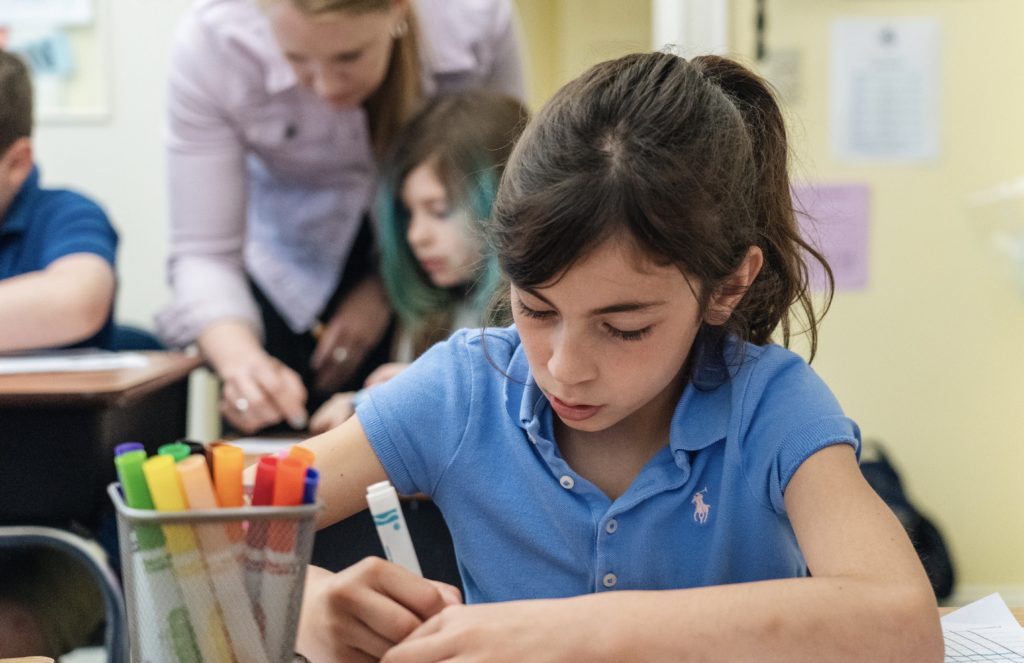Why Teach Social Emotional Learning Skills?
Research suggests that Social-Emotional Learning skills (self-awareness, self-management, relationship skills, social awareness, and responsible decision making) are a core component of student success. Learning is a social process, and schools are often the hub of students’ social interactions. If student progress is hampered by emotions, then learning cannot take place. Brain research suggests that emotions can actually drive attention, learning, and memory. Therefore, it is necessary to address elements of social-emotional learning in order to make learning accessible to all students, as well as increase student success within the learning environment.
Why Evaluate Instruction?
Evaluation is not only an important tool for assessing student knowledge but also a starting point for reflection and improvement. After any lesson, educators should consider reflecting on what went well and what could have gone better. Furthermore, educators can inform their own instruction by requesting feedback from students to determine how often they are utilizing skills, as well as sharing ideas with fellow educators. Being open to adapting classroom practices to meet students’ needs will increase the effectiveness of instruction and make all students feel comfortable in the learning environment. This process of self-evaluation can provide insight into students’ use of social-emotional skills and indicate which skills require further practice. Educators can also use questions to assess the efficacy of the strategies that have already been taught, as well as the format of instruction. Responses to these types of questions can guide educators to make necessary adjustments in order to support their students’ social-emotional learning.
How Does This Connect to Landmark’s Teaching Principles™?
Evaluating instruction and integration of social-emotional skills allows educators to consistently adapt and refine their approach based on feedback and observation. This constant process of improvement allows the educator to ensure that students have been provided with appropriate opportunities for success to grow their skills, which is Landmark’s first Teaching Principle™. The heart of this principle is the idea that content for which a student is not ready can serve to frustrate him/her in the classroom. For many students, social-emotional components require direct instruction and practice before students can successfully exhibit those skills independently. Therefore, if educators evaluate the effectiveness of current practices and gather student feedback, it is much easier to structure and differentiate lessons to meet those students’ individual needs. For the full text of the Landmark Teaching Principles™, including “Provide Opportunities for Success,” click here.
References:
Elias, Maurice J. (2006). The Connection Between Academic and Social-Emotional Learning. Retrieved from: https://www.researchgate.net/publication/238658899_The_Connection_Between_Academic_and_Social_Emotional_Learning
Goleman, D. (2004). Building Academic Success on Social and Emotional Learning: What Does Research Say? Teachers College Press.



